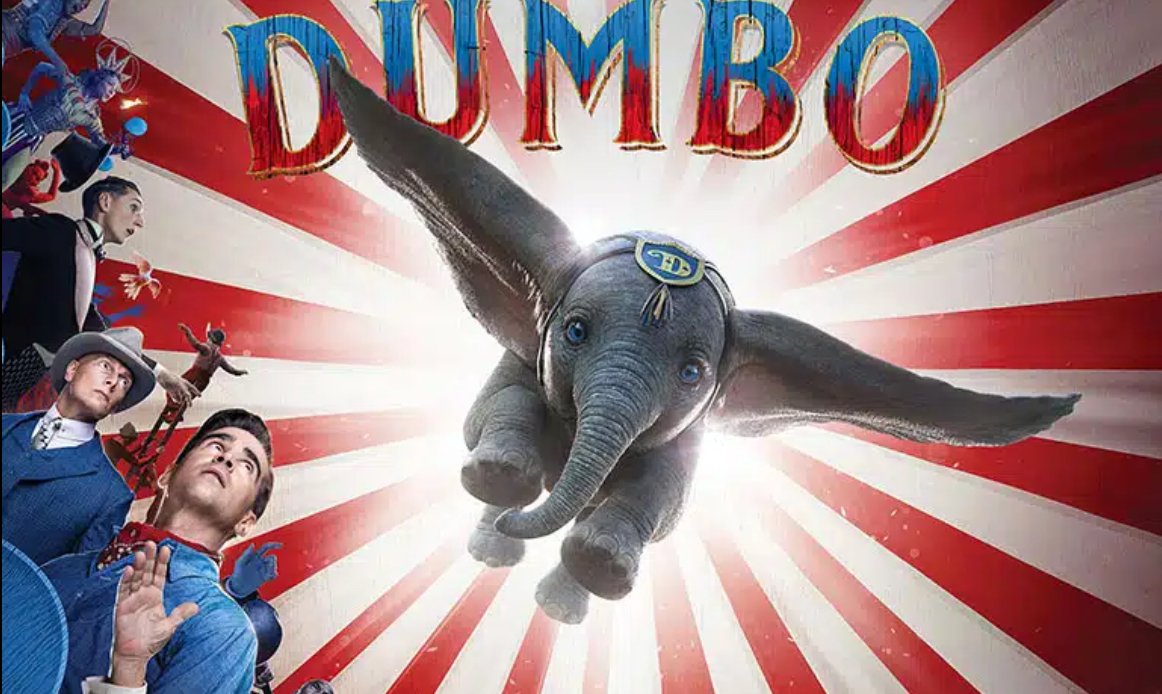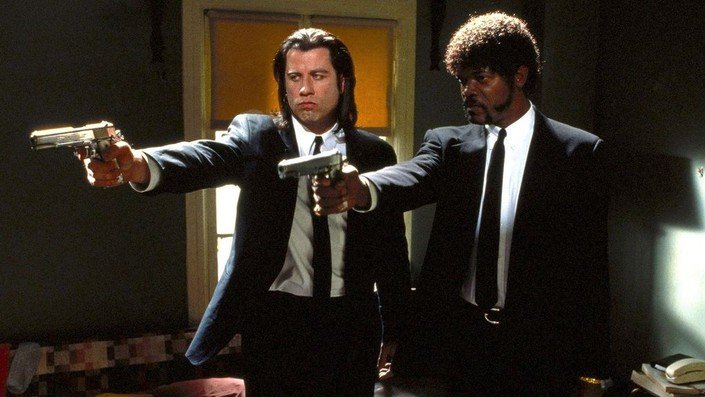
As a longtime fan of the classic 1941 Disney animated film Dumbo, I was both excited and apprehensive about Tim Burton’s 2019 live-action remake. On one hand, Burton’s unique visual style and penchant for whimsical, offbeat storytelling seemed like a perfect fit for the tale of the big-eared baby elephant. But on the other, I worried that the director’s tendency towards darker, more adult themes might dilute the pure, heartwarming spirit that made the original Dumbo so beloved.
Having now watched Burton’s version, I can say that my concerns were not entirely unfounded. While the film is undoubtedly beautiful to look at, with stunning production design and impressive visual effects, it ultimately falls short of capturing the raw emotional power that made the 1941 Dumbo such an enduring classic. The remake is a competent, well-crafted piece of family entertainment, but it never quite reaches the same heights of poignancy and wonder that made the original so special.
A Visually Stunning but Emotionally Muted Retelling
One of the key strengths of Burton’s Dumbo is its visual aesthetic. From the lush, colorful circus tents to the towering, Art Deco-inspired architecture of the villainous Vandevere’s entertainment empire, the film is a feast for the eyes. The CGI-rendered Dumbo himself is a technical marvel, with his expressive eyes and delicate movements bringing the character to life in a remarkably lifelike way.
Unfortunately, the film’s visual splendor is not always matched by an equally compelling emotional core. While the 1941 Dumbo was a simple, straightforward tale that nevertheless managed to tug at the heartstrings, Burton’s version feels more detached and clinical in its approach to the material.
Part of the issue is that the remake expands the story beyond the core Dumbo narrative, introducing a host of new human characters that dilute the focus on the titular elephant. The film follows the Farrier family – former circus performer Holt (Colin Farrell), his daughter Milly (Nico Parker), and son Joe (Finley Jacobsen) – as they navigate the changing landscape of the post-World War I entertainment industry.
While the Farriers’ storyline provides an interesting thematic counterpoint to Dumbo’s own journey of self-discovery, it also means that the audience spends less time with the elephant himself. Crucial moments from the original, like Dumbo’s separation from his mother and his heartbreaking “Baby Mine” sequence, feel rushed or underexplored in comparison.
Toning Down the Darkness for a Younger Audience
Another factor that contributes to the remake’s emotional distance is its apparent desire to appeal to a younger, more family-friendly audience. Whereas the 1941 Dumbo was unafraid to delve into darker, more unsettling territory – such as the harrowing “Pink Elephants on Parade” sequence – Burton’s version opts for a more sanitized, PG-rated approach.
This is not to say that the remake is devoid of emotional impact entirely. There are still moments that tug at the heartstrings, such as Dumbo’s reunion with his mother. But these scenes feel less impactful, as if the filmmakers were holding back, afraid to truly plumb the depths of the characters’ pain and suffering.
In the original Dumbo, the titular character’s struggles and triumphs felt visceral and immediate, a reflection of the film’s straightforward, fable-like storytelling. Burton’s version, by contrast, often feels like it’s holding the audience at arm’s length, unwilling to fully immerse us in Dumbo’s world and the emotional turmoil he endures.
A Talented Cast Elevated by Standout Performances
One of the bright spots in Burton’s Dumbo is the cast, which features a number of talented actors who elevate the material with their committed performances.
Chief among them is Colin Farrell as Holt Farrier, the former circus performer who becomes Dumbo’s caretaker. Farrell brings a gruff, world-weary charm to the role, and his character’s arc – from a cynical, emotionally distant father to a fiercely protective advocate for Dumbo – is one of the film’s more compelling narrative threads.
Danny DeVito is also a standout as Max Medici, the eccentric circus owner who acquires Dumbo and sees the potential in the big-eared elephant. DeVito’s trademark blend of humor and pathos serves the character well, and he manages to make Medici a sympathetic figure even as he exploits Dumbo for financial gain.
Additionally, Eva Green shines as Colette Marchant, the graceful trapeze artist who forms a bond with Dumbo. Green brings a captivating mix of elegance and vulnerability to the role, and her chemistry with Farrell’s Holt provides one of the film’s more emotionally resonant relationships.
Unfortunately, not all of the human characters are as well-developed. Michael Keaton’s V.A. Vandevere, the villainous entertainment mogul, feels like a one-dimensional caricature, lacking the nuance and complexity that could have made him a truly compelling antagonist.
Capturing the Magic of the Original
Ultimately, Tim Burton’s Dumbo is a visually stunning but emotionally muted retelling of a beloved classic. While the film boasts impressive production values and strong performances from its cast, it never quite manages to capture the raw, unvarnished emotional power that made the 1941 original so enduring.
In the end, the remake feels more like a competent, well-crafted homage to the original rather than a true reimagining. It’s a film that is enjoyable enough on its own merits, but one that pales in comparison to the timeless, heartbreaking beauty of the source material.
For fans of the original Dumbo, Burton’s version may leave you feeling a bit unsatisfied, as if something essential has been lost in the translation. But for those approaching the film with fresh eyes, it may still provide a visually captivating and entertaining cinematic experience, even if it falls short of the emotional heights of the classic Disney animation.
Conclusion
In the end, Tim Burton’s Dumbo is a mixed bag – a film that succeeds on a technical level but struggles to capture the raw, unvarnished emotional power of the original. While the visuals are stunning and the performances are strong, the remake ultimately feels like a pale imitation of a true classic, unable to fully recapture the magic that made the 1941 Dumbo such an enduring and beloved story.


